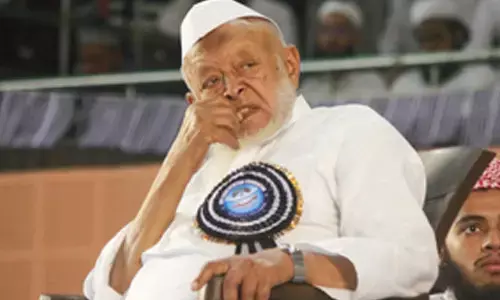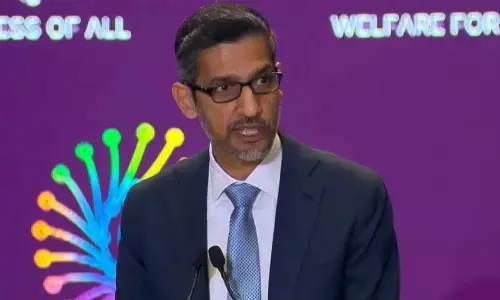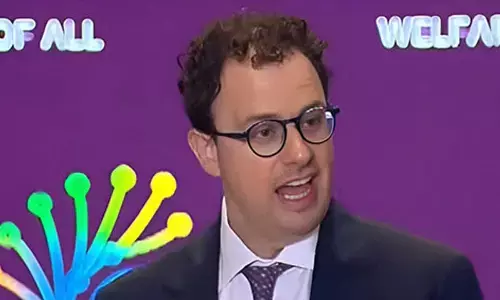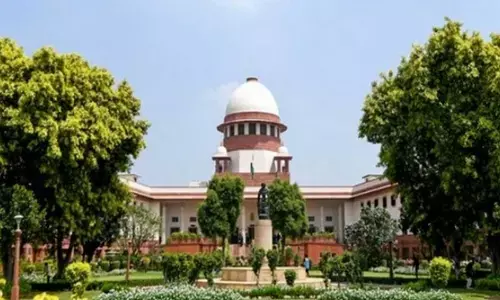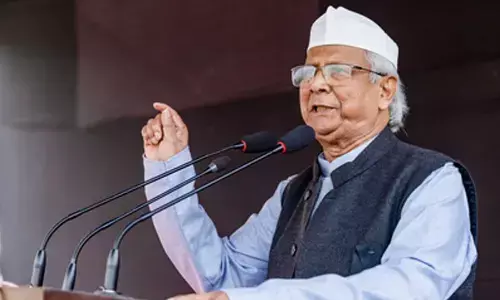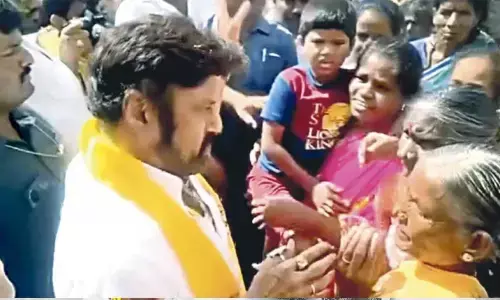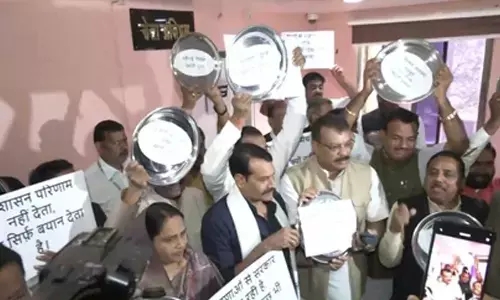Tamil Nadu Assembly Has Passed Bill Allowing Medical Admissions Without The Need To Take NEET Exam
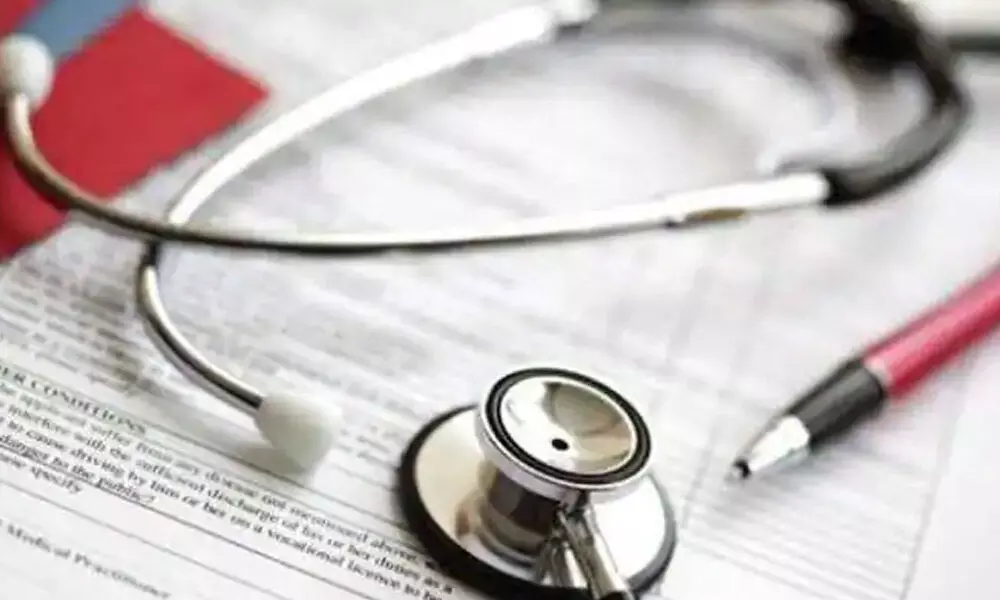
Tamil Nadu Assembly Has Passed Bill Allowing Medical Admissions Without The Need To Take NEET Exam
- The Tamil Nadu assembly passed a bill that will allow students to apply for undergraduate degrees in medicine, dentistry, Indian medicine, and homeopathy based on their Class 12 board exam results.
- Entry 25 of List III, Schedule VII of the Constitution is responsible for admissions to medical education programs.
On Monday, the Tamil Nadu assembly passed a bill that will allow students to apply for undergraduate degrees in medicine, dentistry, Indian medicine, and homeopathy based on their Class 12 board exam results. In addition, the bill provides for a 7.5 percent horizontal reserve in medical admissions for students from government schools. Entry 25 of List III, Schedule VII of the Constitution is responsible for admissions to medical education programs. As a result, the state government has jurisdiction over the subject. So, MK Stalin advancing this Bill, prompting a thunderous banging of desks in the treasury. In the Assembly, Stalin presented the bill.
The AIADMK, the opposition party, backed the plan, while the BJP opposed it. Members of the BJP protested by walking out of the legislature.
NEET had harmed diverse societal representation in MBBS and higher medical education, according to a high-level committee set up by the DMK government in June, led by Justice A K Rajan, and had favored affluent groups while thwarting the dreams of underprivileged sections to pursue medical education. Students in government schools, students from the Most Backward Classes, Scheduled Castes, and Scheduled Tribes, and students with a parent's yearly income of less than 2.5 lakh were the most affected.
According to the committee, the NEET does not appear to ensure the merit or level of students offered MBBS under its jurisdiction. On July 14, the Justice Rajan committee gathered feedback from 86,342 persons, both in-person and online, and issued its report. Stalin said that the committee has suggested that the state government pass legislation similar to the Tamil Nadu Admission in Professional Educational Institutions Act, 2006 (Tamil Nadu Act 3 of 2007).
On July 15, the state administration formed a new committee of secretaries chaired by chief secretary V Irai Anbu in response to the suggestions. The secretaries' committee proposed that NEET be abolished in the same way.
According to the chief minister, it is incorrect to claim that NEET has enhanced the grade of medical examinations. Even before 2017, Tamil Nadu had one of the greatest numbers of medical and dental facilities. The medical and dental professionals from these institutes were of exceptional caliber. Stalin said that admission based on the qualifying examination will not degrade the educational standard in any manner, because the higher secondary syllabus is of sufficient standard. The chief minister said that he encourage legislators from all political parties to work together fully on the NEET issue and to help us make social justice history.
According to Stalin, the administration chose to pass legislation to achieve social justice, defend equality and equal opportunity, safeguard all vulnerable student populations, and ensure a solid public health care system in the state, particularly in rural areas. He recounted how the DMK government's legal battle with all political parties resulted in the historic success of winning 27 percent OBC reservation for medical courses under the All India Quota.


